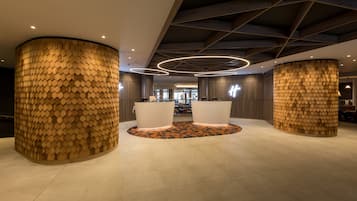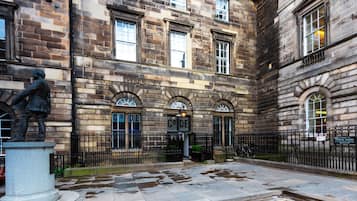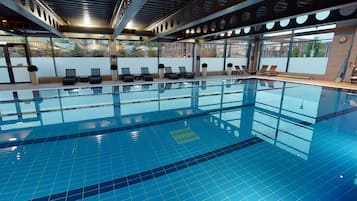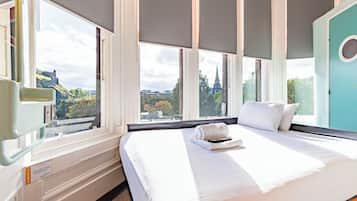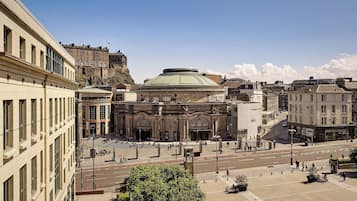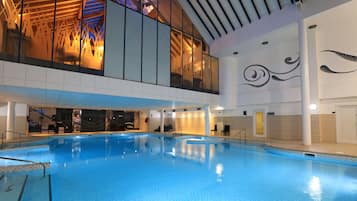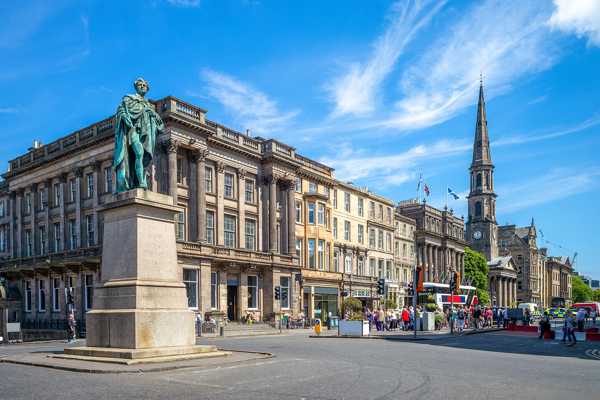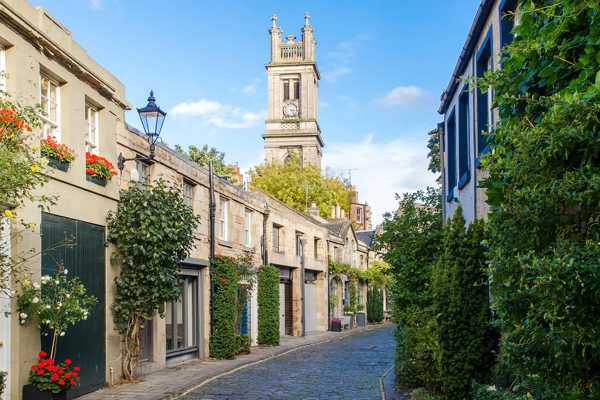The Surgeons' Hall Museum offers a fascinating view of the history of surgery in 3 separate displays, each covering a different category. The first is the History of Surgery Museum, located on the ground floor, where you'll find instruments dating back to the 16th century. This museum focuses on Edinburgh's contribution to the practice. The other displays include the Wohl Pathology Museum and the Techniques and Technologies and Dental Collection.
When you visit Surgeons' Hall Museum, you can get up close to fascinating surgical instruments from centuries past and learn about old techniques and common practices that wouldn't meet modern standards. The intriguing, if a bit frightening, experience affords a greater appreciation for the practices that modern technology has brought us. The interactive displays and simulators help you explore the museum with ease.
Surgeons' Hall Museum in Edinburgh - one of the highlights of 12 Best Museums in Edinburgh (Read all about Edinburgh here)
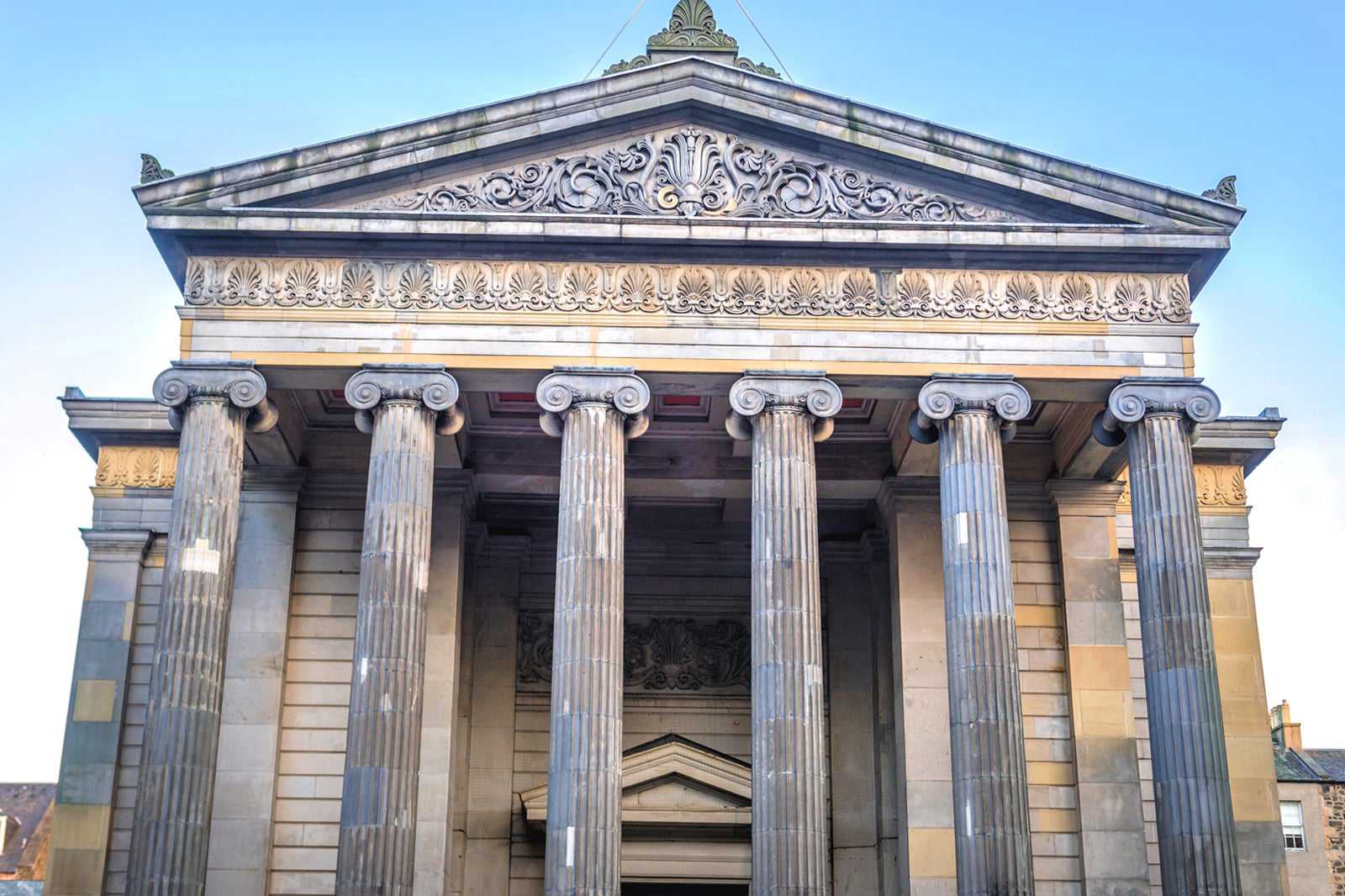
Surgeons' Hall Museum highlights
Highlights of the museum are found in each of the 3 primary sections. The History of Surgery Museum section features a recounting of the dissection of David Myles, a public dissection that occurred in 1702. The recounting is demonstrated by projecting images on a plastic model lying on the table while audio goes over the details. In this section of the museum, you'll also be able to see several instruments of surgery, some of which date back centuries.
In the Wohl Pathology Museum, you'll see artefacts detailing aspects of surgery that are often overlooked, like military surgery and the contribution of women to the practice of surgery. In the Techniques and Technologies and Dental Collection, you can learn about how dentistry techniques have changed throughout the years. Some of the items in this section showcase instruments and techniques dating back to the Romans.
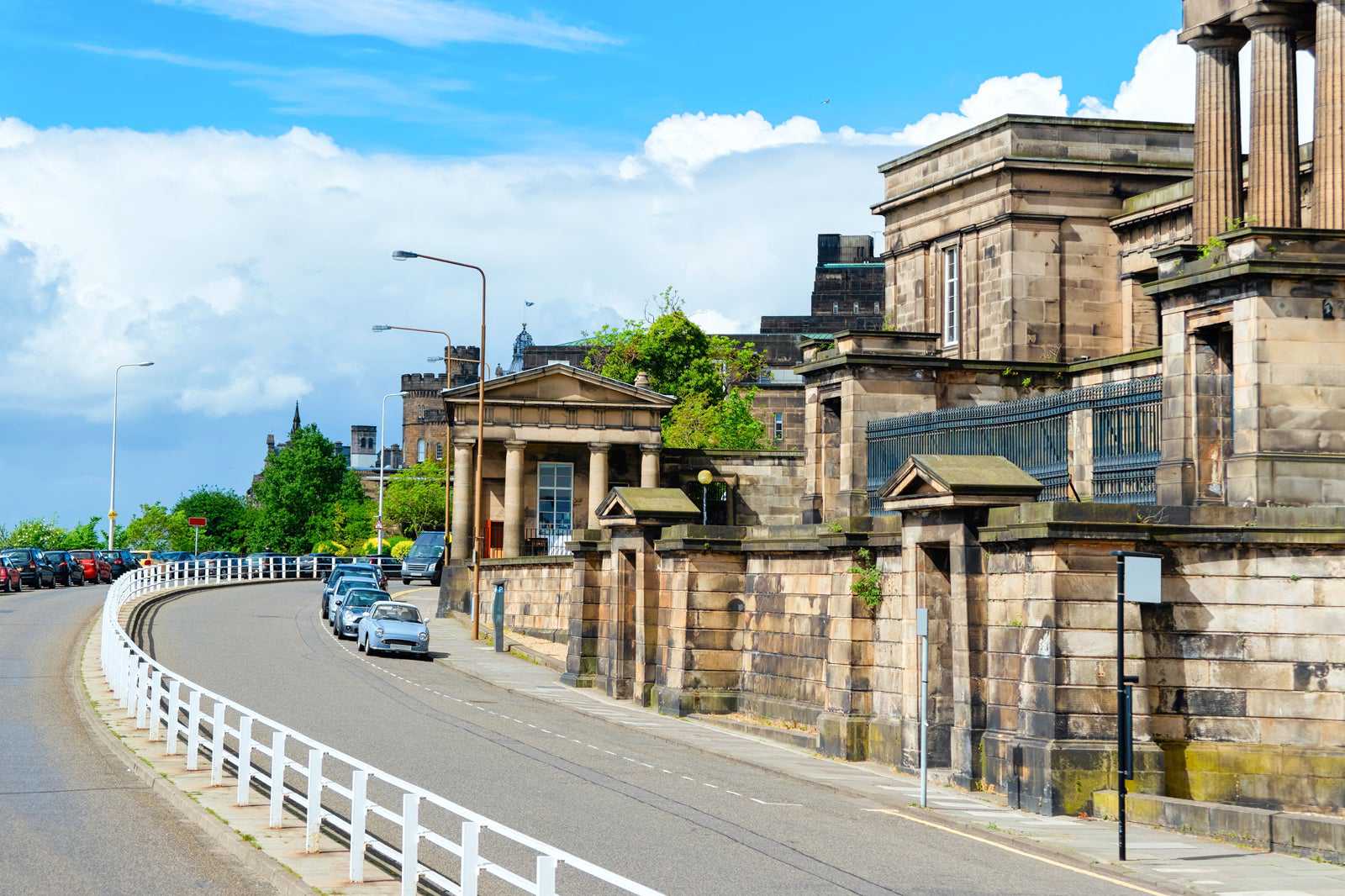
Surgeons' Hall Museum history
Surgeons' Hall Museum first opened in 1832, but its origins can be traced back even further. It all started when the Royal College of Surgeons of Edinburgh was established in 1505. The museum that they created was idealised in 1699 when they began their curation. Eventually, the collection grew enough to showcase to the public, and the museum building was opened in 1832 after being designed by architect William Playfair.
After opening, the museum rapidly received donations of instruments and equipment from all sorts of surgeons and pathologists, including photos, X-rays and anaesthetic equipment. The collection became more specialised, which decreased public interest and led to restricted access for non-researchers. Fortunately, visitor numbers increased in 1989 when the museum made the collections more appealing to the average person. Popularity increased so much that the museum went through a massive renovation in 2015.
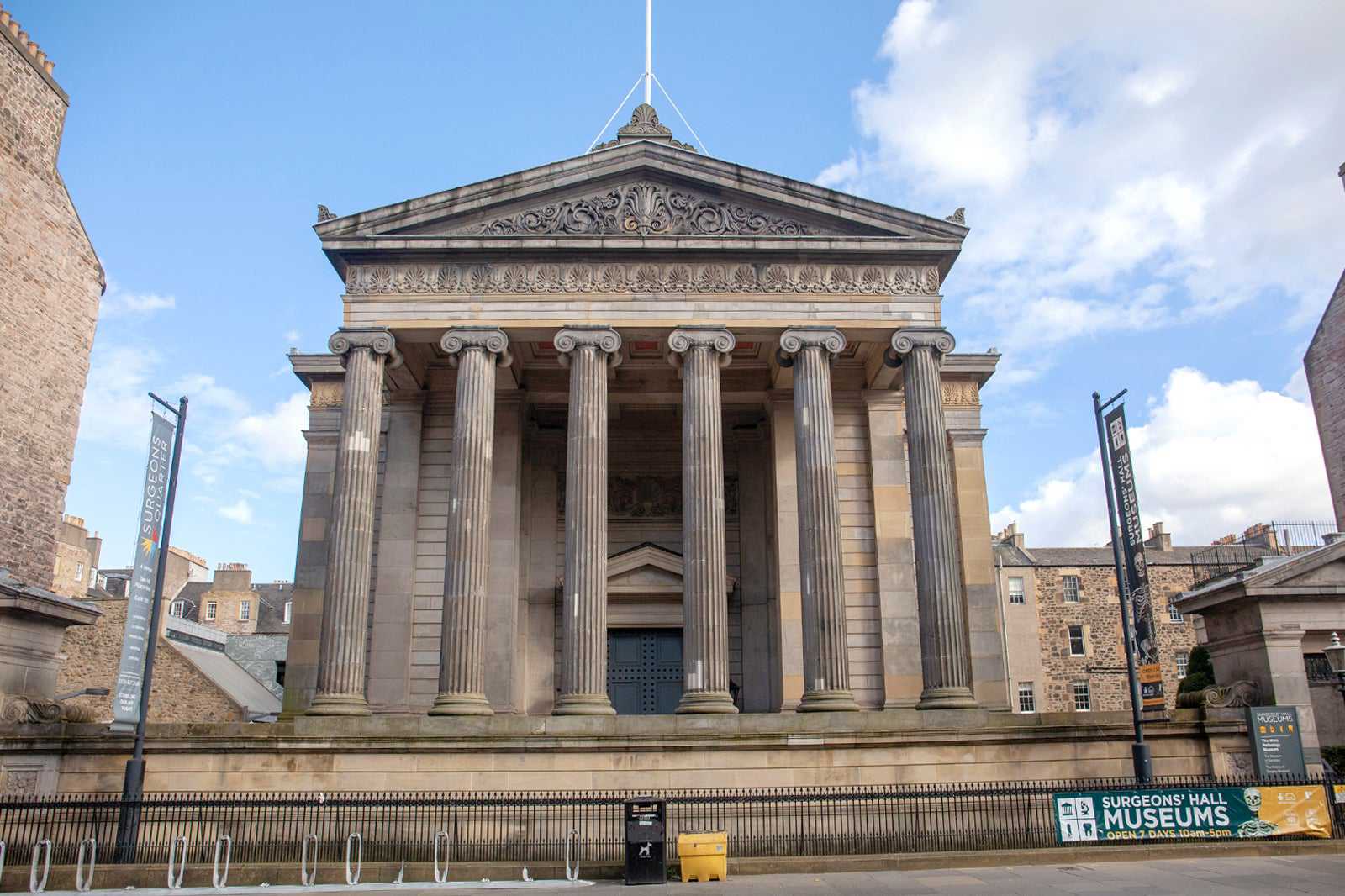
photo de RConnor21 (CC BY-SA 4.0) modifiée
Good to know when visiting Surgeons' Hall Museum
To get the most out of your visit to the Surgeons' Hall Museum, there are a few things to keep in mind. The museum charges an admission fee and offers a discount for kids, seniors, NHS staff and students. While children are welcome, those under 16 must be accompanied by an adult. Furthermore, it's recommended that they be at least 10 years old, as some of the displays can have grisly implications about the history of surgery.
The museum is located in Southside, so you'll be just steps away from several other prominent attractions. This includes the National Museum of Scotland and the Scottish National Gallery. Reaching the Surgeons' Hall Museum is easy since it's just a short walk south from the Edinburgh Waverley train station.
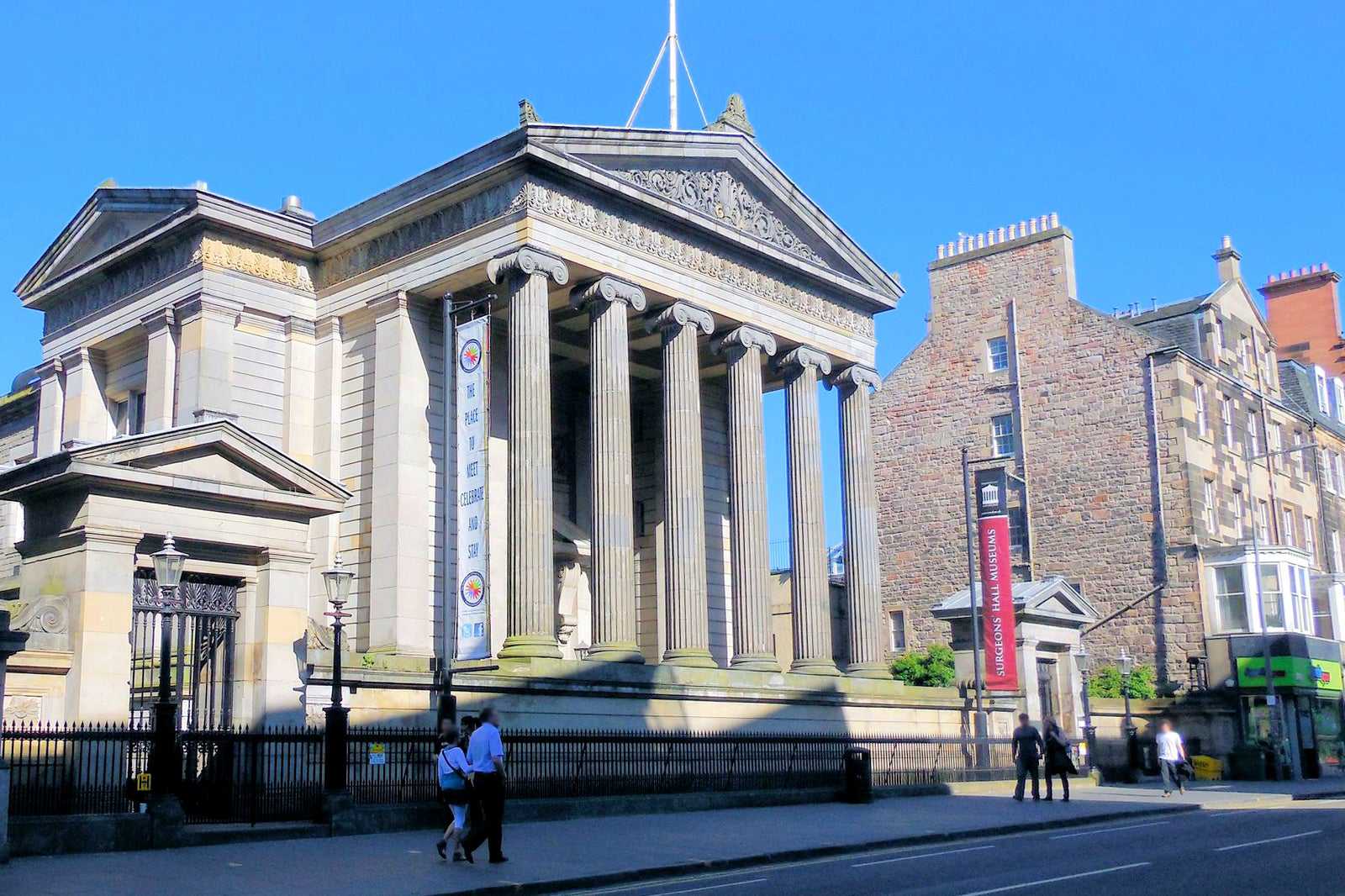
photo de Paul Gillett (CC BY-SA 2.0) modifiée
Surgeons' Hall Museum in Edinburgh
Emplacement : Surgeons Hall Museums, Nicolson St, Edinburgh EH8 9DW, UK
Ouverture : Daily from 10 am to 5 pm
Téléphone : +44 (0)1315 271711


